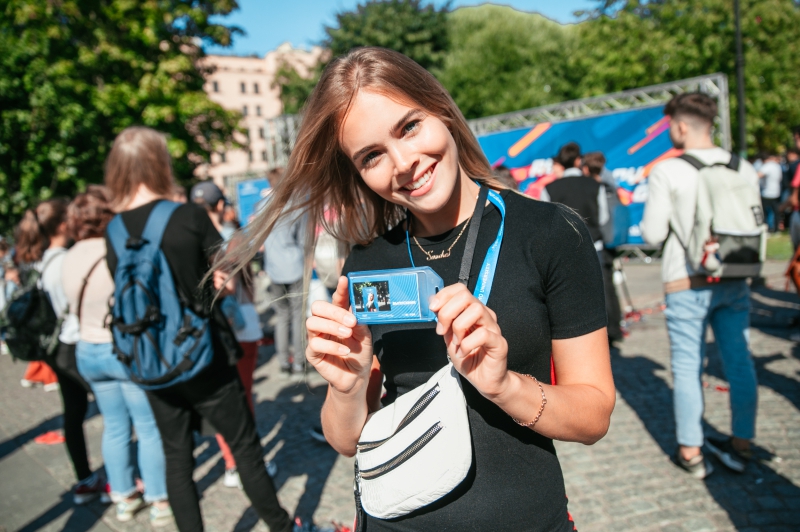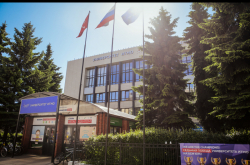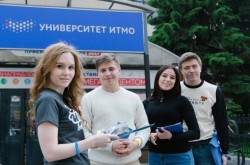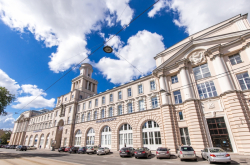The annual QS EECA ranking has been published since 2014 and is one of the regional rankings compiled by the QS Quacquarelli Symonds Ltd ranking agency (the UK). The ranking evaluates universities from the developing countries of Europe and Central Asia. This year, the published list of universities included 354 universities from 30 countries.
Traditionally, the QS EECA methodology includes the following ten indicators: academic reputation (30%), employer reputation (20%), faculty/student ratio (10%), staff with a PhD (5%), citations per paper (5%) and papers per faculty (10%), international research network (10%), web impact (based on the Webometrics ranking, 5%), as well as international faculty (2.5%) and international students (2.5%).This time, ITMO University was ranked 46th.
“In recent years, all leading ranking agencies (ShanghaiRanking Consultancy, QS, THE) have considerably extended both the published lists of their rankings and the selection of universities as a whole. For example, the 2014 QS EECA debut ranking ranked 368 universities, of which only a hundred were included on the published list; among them were 26 Russian universities. As for this year, the published list includes 354 universities, 106 of them being Russian. This means that the competition is growing with every year. ITMO University has improved its results for the fourth time already, which speaks in favour of a steady growth in its competitive ability,” comments Ilya Kuftiryov, the head of ITMO University’s Rankings Research Center.
He adds that the university’s international research network can be named among its strong sides: for one, over 46% of publications by ITMO staff have been written in collaboration with their international colleagues. This criteria, which was introduced last year, is calculated based on data provided by Scopus and assesses the degree of international collaborations in a university’s research activities (in terms of maths, it makes use of the margalef index). ITMO University has also showed good results in such indicators as web impact, international faculty, international students, and others.
ITMO University first appeared in the QS EECA ranking in the 91-100 range in 2014. Since then, it has improved its results four times while never showing a downward trend, going 45 positions up in six years and entering the 13% of the region’s best universities.
All in all, QS EECA ranked 117 Russian universities, 106 of which made it to the published list and fourteen made it to the top-50 (as opposed to twelve last year). Lomonosov Moscow State University and Novosibirsk State University took the first and the second positions; Charles University (the largest university in the Czech Republic) is the 3rd. The fourth position in the ranking went to St. Petersburg State University.
Find the ranking in its entirety here.





